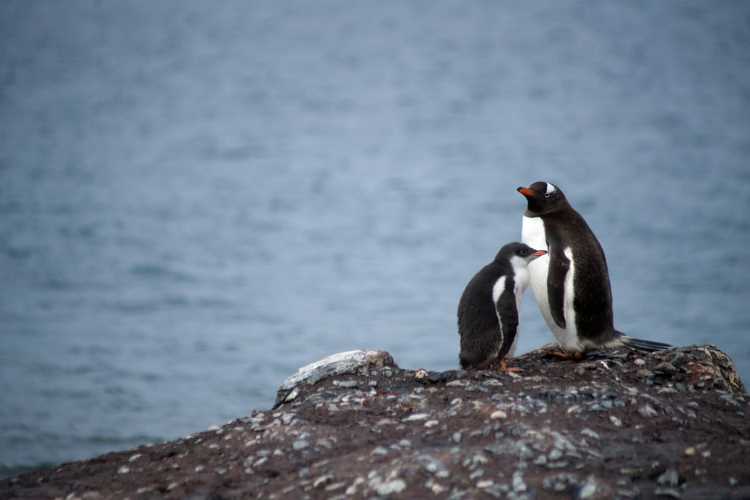
An Argentine research base in Antarctic recorded the highest ever temperature recorded in the continent on Thursday, raising fresh concerns about global warming. The reading of 18.3°C (64.9°F) recorded at the Esperanza Base at the northern tip of Antarctica’s Trinity Peninsula beat the earlier record of 17.5°C on March 24, 2015, World Meteorological Organisation said citing Argentina’s national meteorological service.
A panel for WMO’s weather and climate extremes archive will now verify this reading. Antarctica is one of the fastest-warming areas globally. WMO’s Weather and Climate Extremes expert Randall Cerveny said the reading is likely to be a legitimate record. The verification of the temperature reading is crucial to understanding the weather changes in Antarctica, he said.
READ: Climate change impact: Ocean currents are moving faster than earlier
Scientists are worried about the rapid melting of Antarctica’s glaciers that is leading to the rising of sea levels. WMO estimates that around 87% of glaciers of the Antarctic Peninsula’s west coast have retreated in the last 50 years. The peninsula is expected to witness extreme warmth in near future. The climate variations of the continent are poorly covered in terms of observations and forecasts.
The Antarctic Peninsula has warmed almost 3°C in the last 50 years. The annual loss of ice from the Antarctic ice sheet has jumped at least six-fold since 1979. Much of the melting is from the ice shelves below due to warm ocean water.
Antarctica, nearly double Australia’s size, is cold, windy and dry with average temperature ranging from −10°C on the Antarctic coast to −60°C at the highest peaks. The Antarctic ice sheet is up to 4.8km thick and contains nine tenths of the world’s fresh water.
Satellite images show rapid widening of two large cracks in the Pine Island Glacier. These cracks were spotted early last year. The continent’s Thwaites Glacier has been in news in recent years, as analyses show the ice flowing from it has doubled in the last 30 years.
Sajna Nair is a former banker. Her areas of interest are environment, art and culture.


